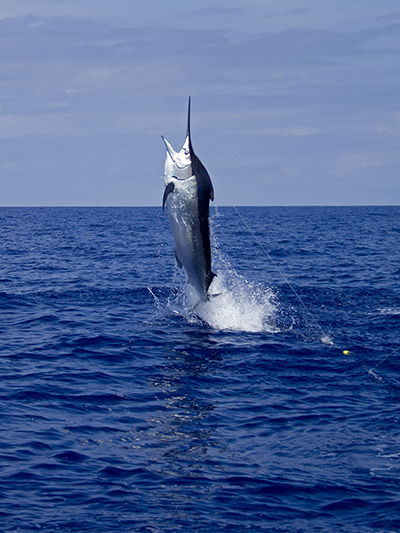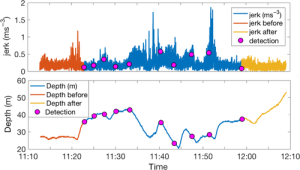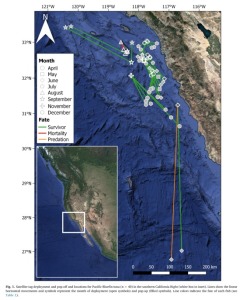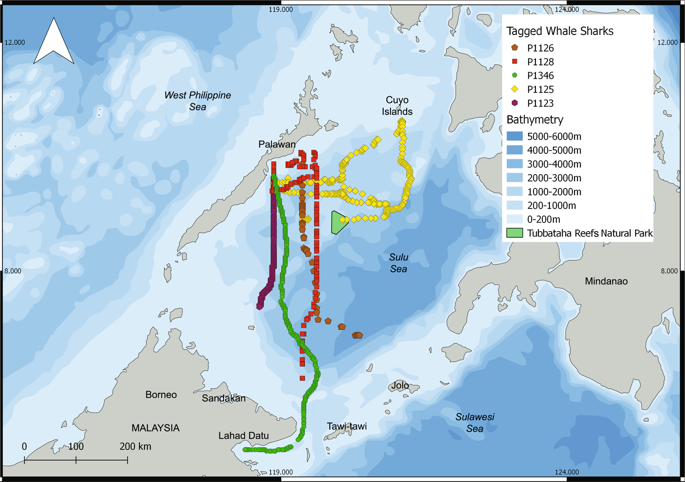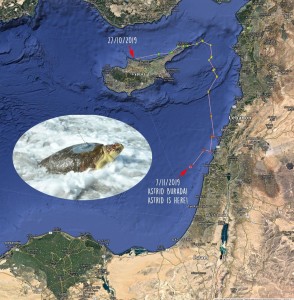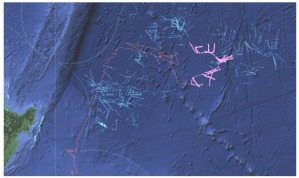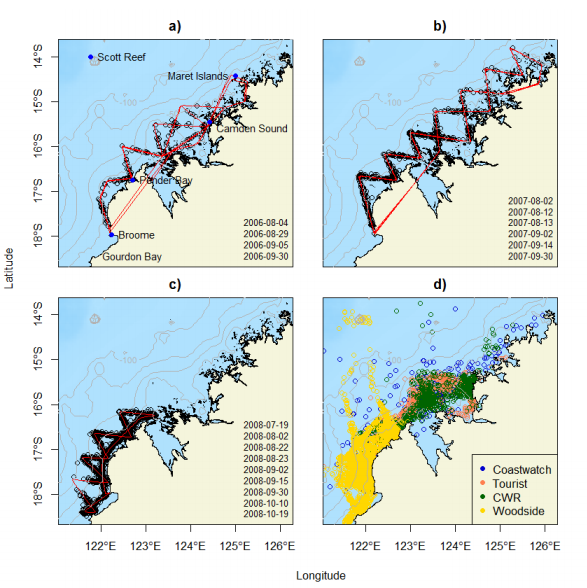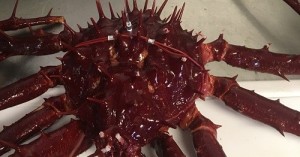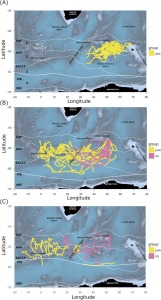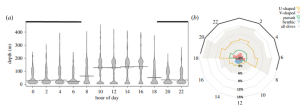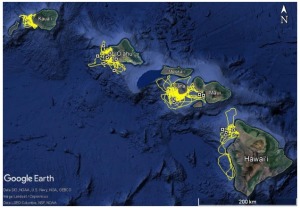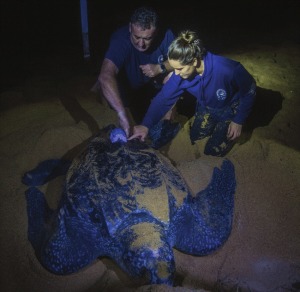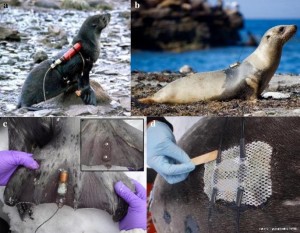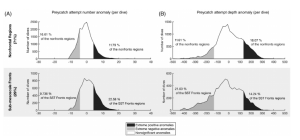23 Jun Newsletter June 2020
Beware of Biofouling
Marine fouling is detrimental to Argos satellite tags and can keep them from transmitting. Learn more about how to prevent biofouling and some of our tips and tricks we’ve learned over the years.
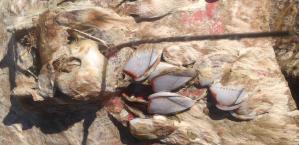
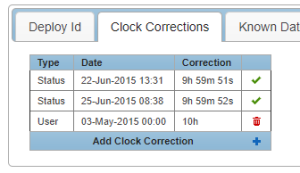
How to Apply Clock Corrections to Your Data for GPE3
Setting your tags to the proper UTC time is important to ensure that your data are properly decoded and utilized in GPE3.
Research & News
A Framework to Estimate the Likelihood of Species Interactions and Behavioural Responses Using Animal‐borne Acoustic Telemetry Transceivers and Accelerometers
Learn about the new framework to estimate when there is a high likelihood that subsurface interactions occur.
Recent Research
Our customers do amazing things including research on incredible animals using our tags. We’ve gathered all the recent research utilizing Wildlife Computers technology.
Post-release Survivorship of Pacific Bluefin Tuna Captured in the California Recreational Fishery
Researchers used Wildlife Computers sPAT and conventional tags on Pacific Bluefin Tuna which resulted in better stock estimates.
Photo-ID and Telemetry Highlight a Global Whale Shark Hotspot
Ten whale sharks were tagged with Wildlife Computers MiniPAT tags to show the importance of Honda Bay habitat.
Astrid’s Journey to the Mediterranean Continues
The story of Astrid is inspiring. After four years of rehab, Astid has traveled thousands of miles.
Antipodean Wandering Albatross Census
Researchers used Wildlife Computers Rainier-S20 tags to show the foraging range of Antipodean Wandering Albatross.
Modeling the Movement and Spatial Distribution of Humpback Whales
A study, the first of its kind, showed research on dietary ecology and movement of the black caiman.
Movements of a Potential Fishery Resource, Porcupine Crab
Check out this cool study that used Wildlife Computers MiniPATs and mrPATs to track the movements of porcupine crab in the Canadian Eastern Arctic.
Exploration During Early Life in Juvenile King Penguins
Over two years, 17 juvenile king penguins were tracked using Wildlife Computers SPLASH tags.
Dive Behaviour and Foraging Effort of Female Cape Fur Seals
Check out the dive behavior of Cape fur seals using Wildlife Computers dive recorders.
Cooperative Conservation and Long-term Management of False Killer Whales in Hawai’i
Researchers deployed 14 Limpet tags on false killer whales with the ultimate goal to understand spatial use and movement patterns.
Ecology and Conservation of Leatherback Sea Turtles in Brazil
Researchers used Wildlife Computers tags to track leatherback sea turtles in Brazil.
Best Practice Recommendations for the Use of External Telemetry Devices on Pinnipeds
New research outlines best practices for using externally attached telemetry devices on pinnipeds.
Sub-mesoscale Fronts Modify Elephant Seals Foraging Behavior
Wildlife Computers tags that included a temperature-depth sensor and an accelerometer were used on 12 elephant seals to detect rapid head movements and possible prey capture attempts.
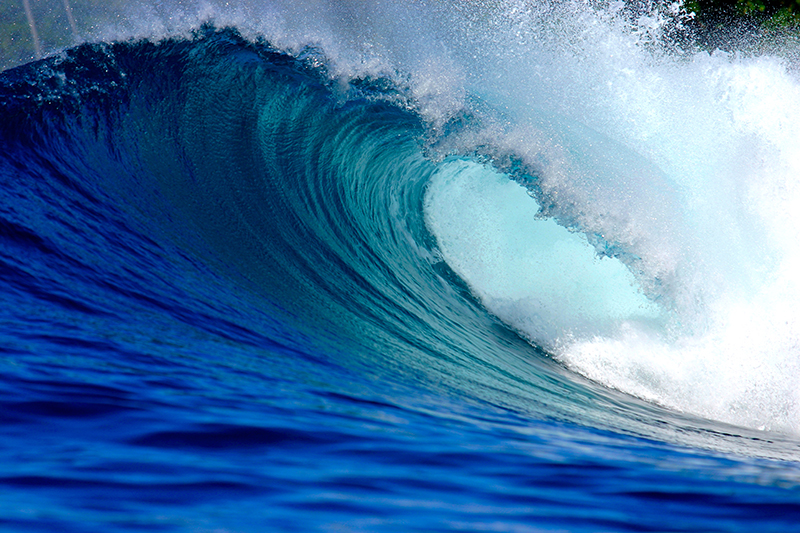
Tips from the Experts
Did you know you could add custom labeled columns in the Wildlife Computers Data Portal?
![]()
Upcoming Events
We are on the road throughout the year. Stop by or find us to see what’s new. Due to our ever-changing world, these are subject to change:
If you don’t see us on the road, connect with us online!
